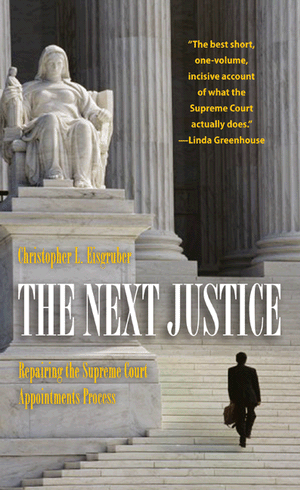In “No More Mr. Nice Guy“, Jeffrey Toobin examines how Chief Justice John Roberts is “the Supreme Court’s stealth hard-liner” in a detailed and very readable 7,500-word essay in this week’s The New Yorker. The article is well worth reading.
Toobin traces Roberts’ career as a trustworthy conservative legal footsoldier from his law school years at Harvard to his clerkship to then-Associate Justice William Rehnquist to his years in and out of public service to his first four years at the head of the nation’s highest court. Throughout his essay, Toobin reminds the reader that Roberts, born on January 27, 1955, is the youngest person on the Court veering to the right as the rest of the nation, largely, drifts to the left.
While many on the left saw through Roberts’ personable nature to see that he was the purest product of the conservative movement, unfortunately not enough Senators did. The conventional wisdom on Roberts is that he is a moderate.
But, Roberts’ moderation is his public relations front. “The Chief Justice talks the talk of moderation while walking the walk of extreme conservatism,” according to Laurence Tribe, a constitutional law professor at Harvard.

